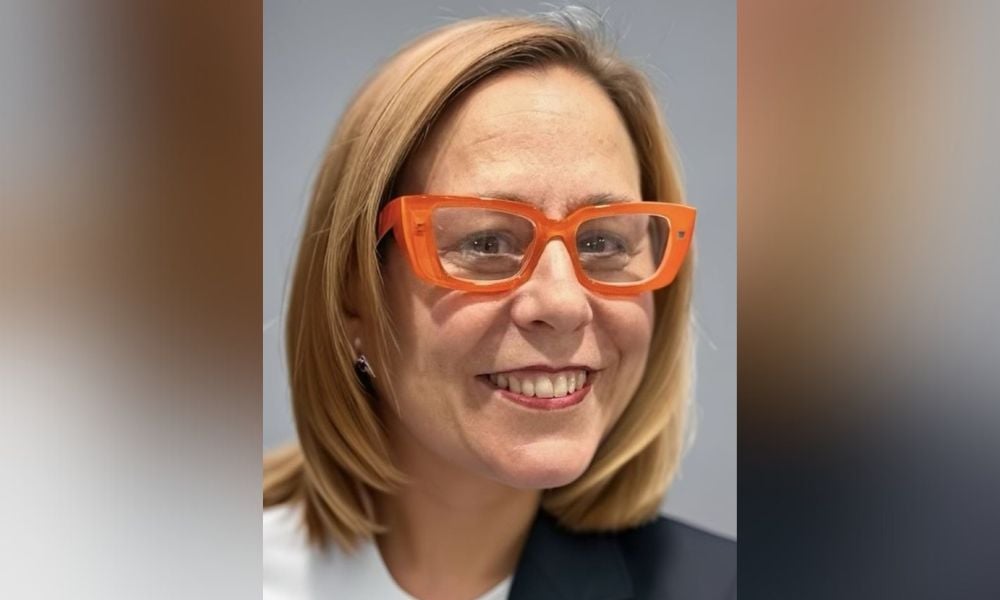
Debbie Ovsenny to speak at this week’s HRD Wellbeing Summit Canada

At Metrolinx, Debbie Ovsenny, Vice President, HR Operations, says the approach to HR isn’t just about fulfilling traditional roles – it’s a concerted effort to align people initiatives with the overarching goals of the company itself.
"Our approach at Metrolinx has been to focus on being a strategic partner and a problem solver," she explains. "We're not just here to manage HR processes; we're here to align our initiatives with the broader organizational goals."
“This is particularly important in the public sector, where we operate under unique constraints such as budget limitations and the need for transparency – we must leverage our expertise to drive organizational effectiveness and employee engagement within these constraints."
As a core component of this, Ovsenny emphasizes the importance of customizing HR solutions to meet the diverse needs of Metrolinx's various departments – and staying away from a generic approach to problem solving.
“One size does not necessarily fit all in our line of work," she states. "We need to develop tailored solutions that meet the specific organizational challenges. What works for talent management in IT might not be suitable for finance. It's about strategically thinking how we can modify programs within limits to better meet the diverse needs of each division."
A significant part of the HR strategy at Metrolinx involves a comprehensive overhaul of the existing leadership development programs – something that needs leadership buy-in in order to have any chance of success. After all, without authentic top-down support, aren’t all initiatives doomed to fail?
"You can create all of the HR programs in the world, but without really effective leaders, these programs will fall flat for your employees," says Ovsenny, who will be speaking at this week’s HRD Wellbeing Summit Canada.
"Our focus and goal are to invest energy and effort into making our leaders as effective as possible through our consultative efforts with them. This is crucial for the success of our HR initiatives and, ultimately, our organization."
In an ongoing effort to enhance Metrolinx's employee value proposition and improve communication, the organization recently launched a new campaign titled "Making Possibilities Happen." This initiative marks a significant shift in how Metrolinx communicates its comprehensive total rewards perspective, both to potential recruits and current employees.
"We found that we probably weren't effectively communicating what we offer,” she explains. “This realization led to the launch of our new campaign, which is all about articulating the possibilities that Metrolinx offers. It's a fresh approach, developed in collaboration with our marketing and communications teams, to ensure we're conveying our value proposition in a compelling and clear manner.”
Addressing talent acquisition and retention is another critical area for Metrolinx, especially in a competitive job market. The organization is proactively reevaluating its recruitment strategies to attract and retain top talent, particularly in a sector known for its male dominance.
“Like most organizations, talent risk is something that's always on the minds of our executive leadership,” adds Ovsenny.
“With Metrolinx in growth mode, we're constantly in recruitment mode and are focused on making transit a desirable destination for potential employees. This includes addressing gender imbalances in the transportation sector and engineering fields, ensuring that Metrolinx is seen as a place where diverse talent can thrive and contribute to our growth and success."
A significant challenge that Metrolinx has been addressing under Ovsenny's leadership is the management of disability and wellness programs. Feedback from employees and unions highlighted the need for a more personalized and empathetic approach to disability management, prompting a major overhaul of the system.
"We received feedback that the management of short-term sick leave and the transition to long-term disability was becoming an issue, eroding trust between employees and the organization," Ovsenny says.
"In response, we've committed to transforming our short-term disability program to provide better support and care to our employees during their most vulnerable times. This involves a shift to an in-house model and a 'wraparound' model of care, where we bring appropriate resources to support both the employee and their leaders during absences."
Want to hear more about Metrolinx’s commitment to wellness? Register for HRD’s upcoming Wellbeing Summit and hear Ovsenny in person. Book your tickets here.